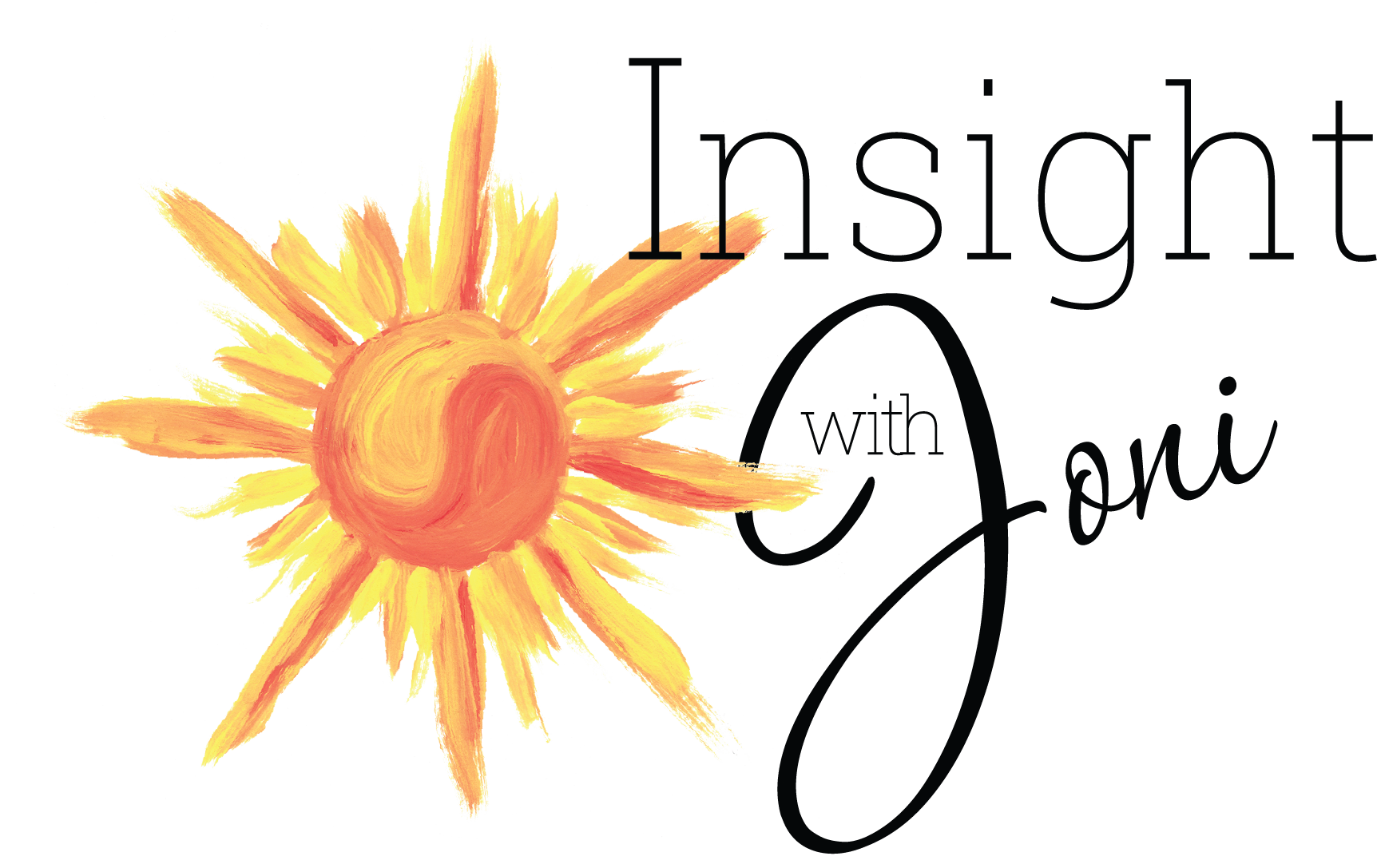Trapped by Hope
"The warrior must not be trapped by hope."
My 14 year old son pointed to the little piece of paper with these words on it, where it hung on the wall near the exit of Gampo Abbey. We toured this Buddhist monastery, teaching home of one of my favorite meditation teachers Pema Chodron, this past summer.
After we got outside he told me that he liked that quote, and much of what he learned that day about mindfulness practices and the philosophy of Buddhism, "I'm not going to declare myself Buddhist," he said, "But I like that their ideas are all about reality and not some sugar-coated, fairy-tale picture."
My initial thought went to how dark he had become as a teenager, just as I had been at his age. But then I realized how smart and insightful his interest and point was.
"The warrior must not be trapped by hope." A warrior, in this context, is someone dedicated to the practice of mindfulness, a practice of being present with reality and abiding in the calm state of equanimity, regardless of external circumstances. He or she is referred to as a warrior, because it's not an easy choice.
In our modern day, it is all too easy to get wrapped up in distraction and amusement; either by becoming so engrossed in our to-do list that we constantly spin about how to multitask even more, to "get more done," or we mindlessly plug into social media or other forms of electronic entertainment. We daydream, fantasize and set unrealistic expectations for ourselves and those around us, often based on these daydreams and forms of amusement. Eventually, we truly lose touch with reality, because ... it's unpleasant. Maybe we don't like an aspect of our life, but it's painful to acknowledge, so we turn the other way. Perhaps we don't like looking at our own insecurity, our own mistakes, because we beat ourselves up, over and over again. Or maybe we hang on this thing called "hope" and say, "I don't like where I am, I hope it gets better."
The warrior chooses to acknowledge both the pain of life and the pleasure, knowing that both are part of our path, as human beings. The warrior notices external circumstances and internal reactions, and practices being calm, focused, and at ease, regardless of them. And a warrior on the path of mindfulness, is NOT trapped by hope.
What does this mean, to be "trapped by hope?" The idea goes back to fantasy and expectation; the desire for things to "go exactly the way we envision it." First of all, how frequently do circumstances unfold exactly as we imagine? Rarely. So, are we setting ourselves up for disappointment and suffering? Yes. When we "hope" for something, are we setting a goal and working toward it, or is it like the penny we might have once tossed into a wishing well?
What's wrong with hope? Buddhist philosophy states that it is our expectations which lead us to pain and suffering. The solution is to learn how to accept whatever happens (in reality) and develop calm abiding or equanimity inside, regardless of outcomes. We know and acknowledge that both pleasant and unpleasant things will happen. Why get so worked up about it all?
It's not wrong to set goals, to work hard toward them with clarity, patience, and equanimity. But much of the time, there are factors out of our control, so we must surrender our expectations of the final outcome. Maybe it works and maybe it doesn't. Maybe you will feel sadness and maybe you will feel happiness about it. Acceptance of reality doesn't mean you like it, that you didn't work hard toward a particular outcome, or that you should criticize yourself for not predicting the outcome more accurately. If you worked toward a goal and gave it your all, aren't there lessons contained within the journey? Aren't there lessons when we don't get our way?
Hope? Is it a trap into fantasy? Faith and hard work might more successfully drive a warrior toward peacefully conquering his or her own suffering. Set goals, work hard, and believe that everything will work out for the best, even if you don't understand the outcome. If you breathe deeply and look closely, there are nuggets of wisdom hiding in the corners of every unexpected ending.
I know I never expected my sons to be as interested in the discussions at the monastery around mindfulness and philosophy as they were. I learned a lot from my expectations that day, and I think they did too.
